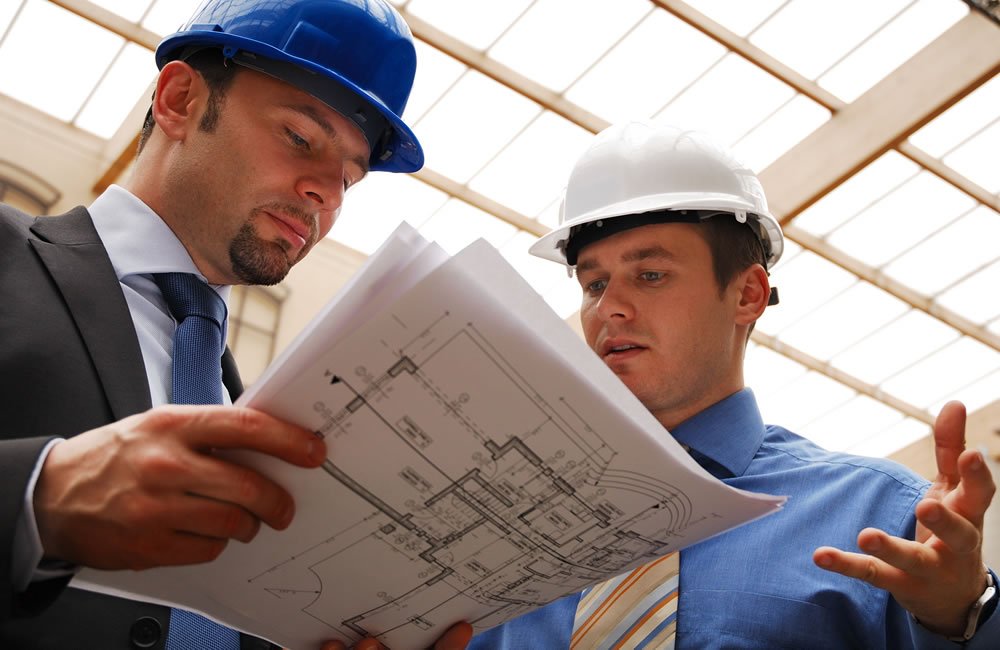In the bustling world of real development, property owners are recognized as visionary architects of urban landscapes, shaping the skylines of communities and cities alike. By combining creativity, financial acumen, and the ability to plan strategically, these experts play a pivotal role to transform vacant spaces into lively neighborhoods, and transforming shabby structures into modern marvels. This article delves into the diverse world of developers who build properties, examining their obligations, obstacles, and enduring impact on the built environments.

At the core of a development company's responsibility is identification and acquisition of suitable areas for development. In the initial stages, they must conduct a rigorous research, market analysis as well as feasibility studies, along with risk assessment to determine the viability and success of the development. Developers must navigate zoning regulations, environmental considerations, and legal challenges to get permits and approvals needed. Their ability to see the untapped opportunities in areas that are not being explored is often the key to development of the economy and urban renewal.
One of the greatest properties developers' contributions can be the reduction of the housing crisis in fast-growing urban centres. When they conceptualize and implement residential projects, they address the urgent need for housing accommodating a range of different demographics and income brackets. Affordable housing options particularly, emphasize their commitment to social responsibility and aim to make homeownership more accessible to households of low and middle income.
Beyond the bricks and mortar, property developers are instrumental in creating the social fabric and the vitality of communities. Through strategically investing in amenities, public spaces, and infrastructure, they increase the liveability and attractiveness of areas. By fostering vibrant retail districts as well as recreational and the arts, they contribute in the local economy as well as provide job opportunities. Moreover, sustainable development practices ensure environmental sustainability and resilience to climate change, aligning with broader societal goals. Thus, property developers exert considerable influence to promote sustainable and inclusive growth fostering a symbiotic link between community and development wellbeing. To receive added information please head to Akisama

However, the pursuit of development also brings forth difficulties and debates, typically demanding complex talks with local governments as well as environmental issues, along with communities' resistance. The argument of critics is that rapid urbanization driven by developers could cause the problems of gentrification and displacement of indigenous communities, and degradation of the environment. In the battle to balance economic demands with social and environmental sustainability remains an ongoing issue for this industry.
The world of development in the property sector isn't unaffected by controversy and controversies. Rapid urbanization, scarcity of land as well as regulatory obstacles pose major obstacles for development projects. Additionally, gentrification and displacement and affordability problems raise questions about the social equity implications of certain construction projects. The impacts of construction on the environment and advocate for sustainable practices and green building accreditations. Furthermore, economic recessions or geopolitical instability, as well as market volatility can affect project timelines and investment returns which highlights the inherent risk of the real estate industry. Therefore, property developers need to be able to navigate the complex terrain of potential risks and opportunities, as they balance their profit goals with broader societal interests.
